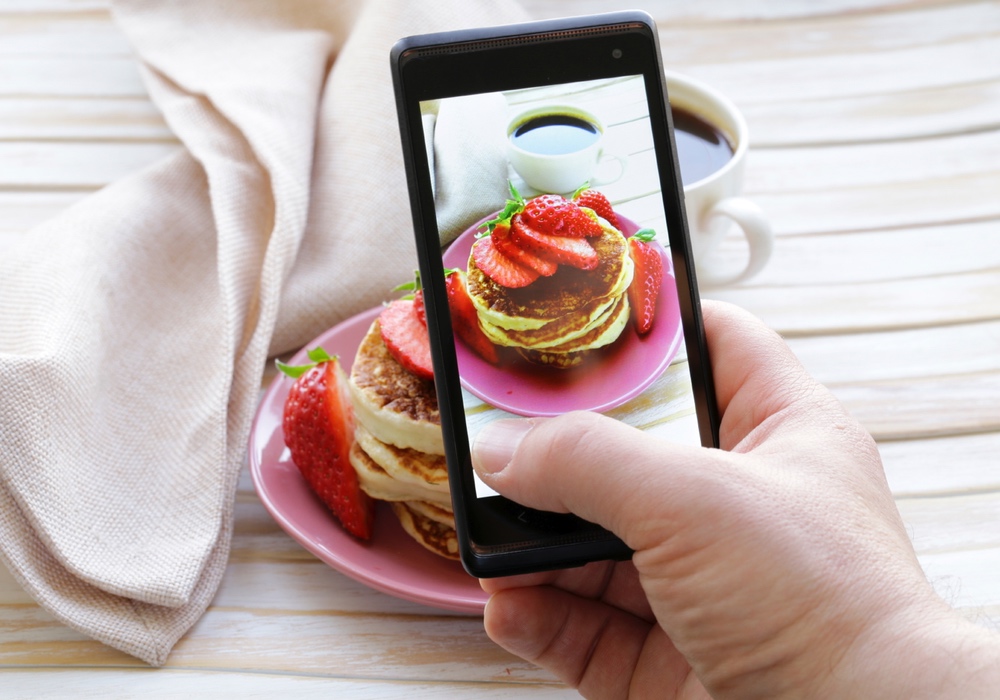A food journal is a smart way to track what you eat each day. It's a valuable tool for any dieter, but it is labor-intensive, and many dieters find it an added burden as they struggle to eat less. But there is an easier way to document what you eat that is just as effective and usually more accurate: Use your phone's camera to record each meal, and then post your diet on social media.
Instagram has become quite popular with people who are trying to lose weight or improve their diet, and a new study outlines the benefits of #fooddiary.
A traditional food diary involves pencil and paper or an app on your smartphone, and everything you eat must be written down in a journal or logged into the app. For many people, snapping a photo and posting it on social media with the hashtag #fooddiary or #foodjournal is just as good.A photo on social media holds you accountable for your food choices.
There were other benefits, too, when researchers at the University of Washington interviewed a group of people who used Instagram to record what they ate and share with their followers. They were asked about the pros and cons involved with using Instagram to journal their eating and fitness goals.
The encouragement dieters got from their Instagram followers was seen as a major benefit. This social and emotional support motivated them, made them more diligent about posting and tracking what they ate, and helped them stick with their goals. People said they felt more accountable and were more honest when sharing their food journal. For some, a jury of their peers watching their progress reduced the temptation to cheat and not track some snacks.
One of the biggest benefits to snapping pictures of everything you eat and drink, the study found, is that it can help spot problems. It’s easy to justify a splurge as a “special occasion,” but when you look at a grid of pictures and see several splurges in one day, suddenly they don’t seem so special anymore.
You can create separate accounts for different purposes within your Instagram account, and this helps people find others who are tracking what they eat or who are trying to lose weight and have similar hashtags. So instead of posting all your vacation photos and food porn in one account, you can separate them. That way people who aren’t interested in your #foodjournal don’t have to see these pictures.
There were those in the study who said they felt some anxiety about being honest and felt reluctant to post pictures of foods that might be seen as unhealthy. But overall, those who met their goals said sticking with Instagram helped them be mindful about their weight loss, healthy eating or fitness journey.It’s easy to justify a splurge as a “special occasion,” but when you look at a grid of pictures and see several splurges in one day, suddenly they don’t seem so special anymore.
The study was presented at the CHI 2017 Conference on Human Factors in Computing Systems. It has not yet been published in a peer-reviewed journal.





